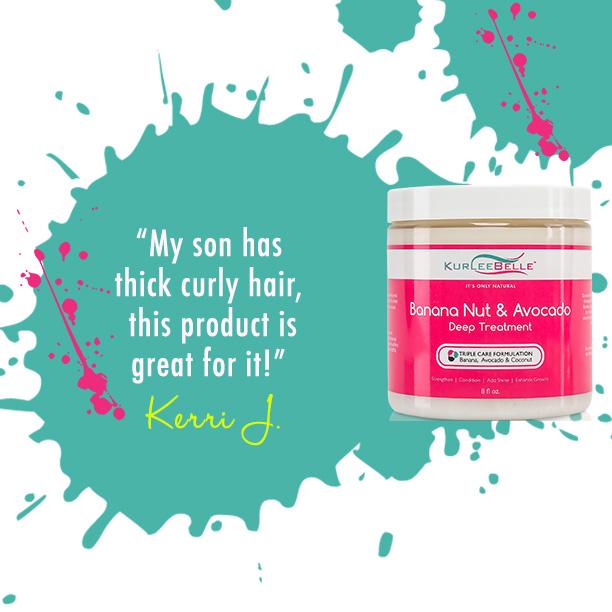 |
| The Afro: Mid 1900's |
During the 1960's and 1970's the afro was a symbol of political liberation. Radical activist of the Black Panther, Angela Davis (pictured above) led the movement by refusing to straighten her natural locks. Today, the afro is seen as a high fashion statement from the pages of Italian Vogue to the red carpet.
What is responsible for the rebirth of the afro?
Many would argue that it all started after the release of Chris Rock's "Good Hair" movie in 2009. In his documentary, Chris Rock explored the ins and outs of the black hair care industry. He shed light on the amount of money black women spend on extensions, the number of non-black owned company's that dominate the industry and the dangers of chemical relaxers. The findings revealed in this documentary were riveting to non-black viewers but what really caught the eyes of most black women were the chemicals in relaxers. During a clip, Chris Rock highlighted the dangers of Sodium Hydroxide which is a harmful ingredient found in most relaxers. This ingredient is strong enough to burn through a Coke can or a raw piece of chicken.
 |
| The Afro: Late 2000's |
Secondly, the neo-soul movement, a style of music that combines soul and contemporary R&B, presents a strong argument for being the pioneers behind the rebirth of the Transitioning Movement. In the late 1990's to early 2000's, artists like Maxwell, India Arie, Erykah Badu, D'Angelo and Jill Scott embraced their natural hair by wearing afros, braids and bantu knots. These artists combined a smooth melodic sound with a cool earthy natural look. Today, artist like Janelle Monae, Solange Knowles and Corinne Bailey Rae, are carrying the torch.
Lastly, Americans along with the rest of the world are becoming more health and environmentally conscious. This can be seen through the creation of the hybrid car, nutritional guides at fast food restaurants and the increasing number of natural and organic brands. Consumers have become more cognizant of what they put on or in their bodies by reading product labels and not putting their well being in the hands of corporate brands. In an effort to live a healthy lifestyle, many have opted to only use natural beauty products such as: deodorants, shampoos and hair dyes. According to Mintel, a consumer spending and market research firm, sales of relaxer kits declined by 17% from 2006 to 2011.
Nearly fifty years after Angela Davis graced platforms across the USA with her outspoken voluminous hair, the Transitioning Movement has taken the world by storm. Whatever the reason may be behind the rebirth of the afro, women in the USA, UK, Europe, Africa, South America and the Caribbean are all celebrating their natural hair.
What influenced your decision to go natural?
Happy Independence Day America!


















Well, I went natural LOOOOONG before it became popular. I started transitioning right out of high school and NEVER looked back. Nearly 14 years later, I have never regretted my decision. It was one that I wish I had done a lot sooner. I got tired of the relaxers burning my scalp and having scalp burns after the fact whether a professional did my hair or I did. It's not worth it to me...so I made the change. To each his or her own. I would encourage ANY and EVERY woman to go natural for a period of years for at least ONCE in their adult lives. Just my two cents. Thank you.
ReplyDelete